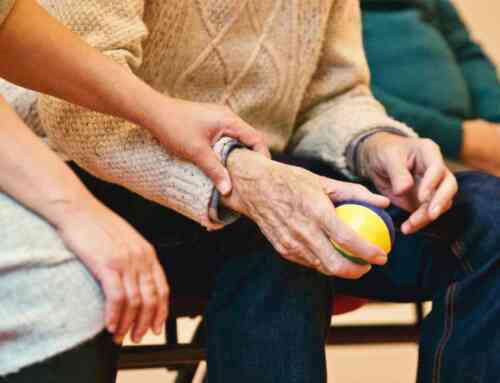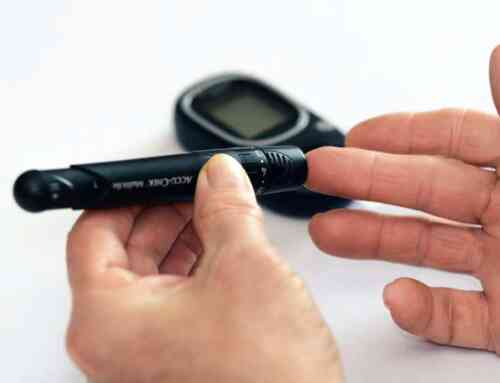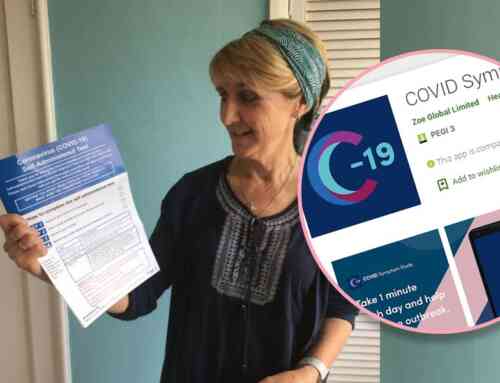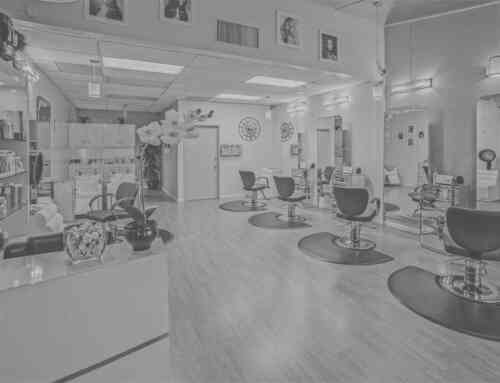APPRECIATION OF THE EAR AND HEARING
Helen Keller
Deaf-Blind Activist (1880-1968)
“Blindness separates people from things;
deafness separates people from people.”
Born in Alabama with normal sight and hearing Helen is believed to have contracted a mystery illness at 19 months which rendered her permanently deaf and blind. It is thought today that it was likely to be meningitis or scarlet fever. Anne Sullivan became Keller’s governess at the age of 7 and together they developed communication through touch. By breaking through her isolation Helen went on to become an American author, political activist and lecturer. In 1954 she was nominated for a Nobel prize. Helen Keller proved to the world that deaf people could all learn to communicate and that they could survive well in the hearing world and that deaf people are very capable of doing things that a hearing person can do. This would have been a very powerful message in the late 19th century early 20th century when disability was treated very differently to how it is today.
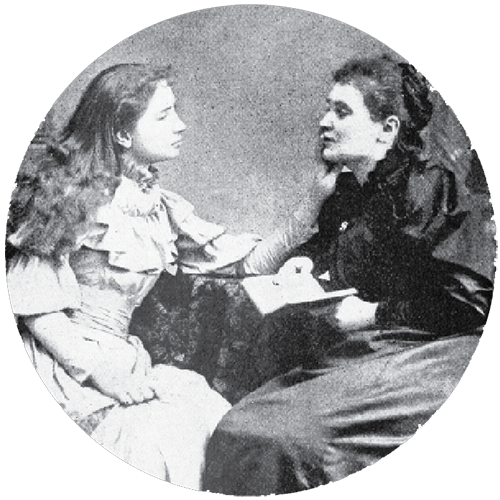
2018 is the 50 year anniversay of Helen Keller’s death. Helen Keller’s experience of growing up in the late 19th century without sight or sound could have gone without note or mention. As children of the time with such severe life challenges would have struggled to make themselves heard and more than likey lived a short, miserable life in an institution.
Helen Keller was different, was it her parents refusal to give up, Helen’s iron will to survive, her brilliant brain or the employment of her governess – Anne Sullivan – who broke through the silence and then dedicated her life to communicating and teaching Helen to see and hear the world through touch. It was of course a combination of all of the above.
Helen Keller went on to live a full life and her legacy lives on through her writing, philosophy and quotes. What better proof do we need to show that there should be no barriers to connection and communication. We must just find a way to make it work. This is what drives us at Aston Hearing – a passion to make the most of whatever we are dealt with – using time, training, technology, experience and understanding.
For the last fourteen years the UK has run a very successful, highly respected Universal Neonatal Hearing Screening programme. The newborn hearing screening is a very quick objective test that is conducted on every newborn baby within weeks of their birth.
The test helps to identify babies who have permanent hearing loss as early as possible. This means parents can get the support and advice they need right from the start. This incredibly valuable programme introduces families to the importance of hearing literally within the very few weeks of birth but assuming all is well then what happens?
When is the next stage that we consider our personal hearing health?
The truth is pretty shocking – it is likely that the neonatal screening is the only formal hearing assessment the majority of people will have until perhaps they are screened through work or when they notice a problem.
It is recommended that we keep an ‘eye’ on our child’s hearing as they develop, but regular hearing checks are not the norm at any stage in life – which is odd when you start to consider how vitally important our hearing is at all stages of life.
It is not only our main sense for connection and communication with the world, it is one of the major factors in shaping our brain development and importantly the way we learn.
We are all encouraged to regularly have our eyes tested and a visit to the dentist a couple of times a year is accepted as the norm. There is no question that this a good idea and an essential part of managing our general health and wellbeing but our hearing is not given the same level of attention. Having a hearing test is often seen as being unnecessary. It is only when something is wrong that people think about getting support and advice.
We encourage everyone to take their hearing seriously, whether you are of school age or in retirement. If you are unable to hear well your everyday life and social wellbeing become affected and you can find yourself very vulnerable in many situations.


